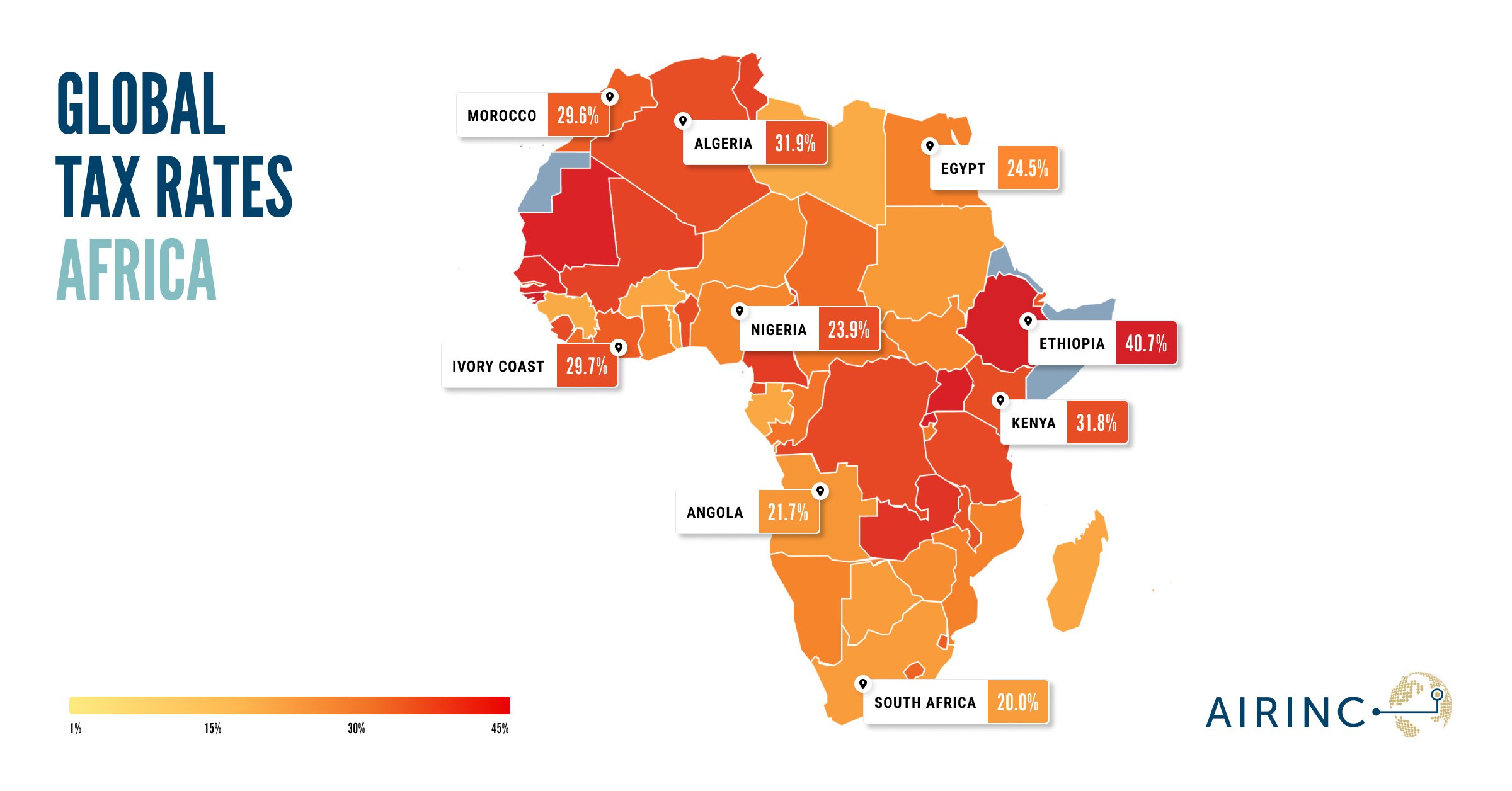Currency Performance: Best and Worst from July 2023
This July, many currencies lost value with the U.S. dollar, increasing interest rates, and also declined due to underlying domestic problems. Inflation, currency reserves, and political instability affected some currencies. In a rare case such as the Nigerian naira, the government allowed the currency to depreciate on its own. The currencies gaining strength against the USD had positive interactions with the IMF or increased comparably to other strong currencies.
Currencies Losing Value Against the USD
VES – Venezuelan Bolivar
The bolivar suffered as Venezuela experiences massive inflation, with the government struggling to tame depreciation. Falling oil prices along with hyperinflation continue to push the currency downwards.
ARS – Argentine Peso
Argentina’s foreign reserves have become dangerously low especially with a shrinking U.S. dollar supply. Argentina has now started to allow bank accounts to be opened with the Chinese yuan to buffer the falling supply. The country’s trade deficit was impacted by drought and recorded a 1.7-billion-dollar trade deficit in June.
RUB – Russian Ruble
The ruble fell due to political instability with the fallout of the failed mutiny and falling export proceeds. The decrease in exports negatively affected Russia’s trade balance and reduced the flow of foreign currency into the country. The Russian Central Bank did not acknowledge any concern over the depreciation as, though the ruble’s movement in the past year has been volatile, its depreciation has slowed somewhat.
TRY – Turkish Lira
The Turkish lira continued its decline following Erdogan’s re-election. Turkey’s interest rates have risen contrary to Erdogan’s past strategies to tame inflation and stabilize the currency’s decline. The challenges ahead for the currency include the continuation of the aggressive interest rate hikes and the government’s efforts to win the favor of international investors who lost confidence in Turkey’s economy.
AOA – Angolan Kwanza
The kwanza depreciated due to rising inflation. The national treasury reduced the sales of U.S. dollars to the foreign exchange market after the fall of oil sales decreased taxes. The central bank has yet to intervene effectively to slow the depreciation.
NGN – Nigerian Naira
The naira decreased in value after the government implemented a free-floating exchange rate policy. This was done to quickly close the gap between the black market and official rates. The goal for the future is to increase investor confidence and predictability of exchange rate movement by aligning the currency’s movement to market supply and demand.
Currencies Gaining Value against the USD:
ZMW – Zambian Kwacha
Zambia reached a debt restructuring deal with the IMF and concluded the first review of its 1.3-billion-dollar ECF program. This program will assist in expanding the country’s economy and stabilizing its debt. Inflation had begun to slow prior to the restructuring deal’s agreement and will most likely continue moving forward.
ALL - Albanian Lek
The lek strengthened against the U.S. dollar due to the fall of the Euro on the domestic exchange. The Euro is the reference foreign currency within Albania. Remittances and foreign real estate investment also increased the amount of foreign currency in the country.
SLL – Sierra Leonean Leone
Sierra Leone’s currency gained value on the U.S. dollar significantly during late June. It is not entirely clear what drove this spike in strength, but a statement by the IMF outlined several economic indicators that may impact the country’s exchange rate. These economic indicators cover future projections in 2023 including an increase in real GDP, a decrease in inflation, and an improvement in the trade deficit.
How do currency changes affect compensation?
For up-to-date figures, please reach out to your AIRINC representative or click here to reach our inquiries team now.
Subscribe to our blog to stay updated on changes around the world that impact Global Mobility, including your cost of living allowances.




%20(29).png)
%20(32).png)


